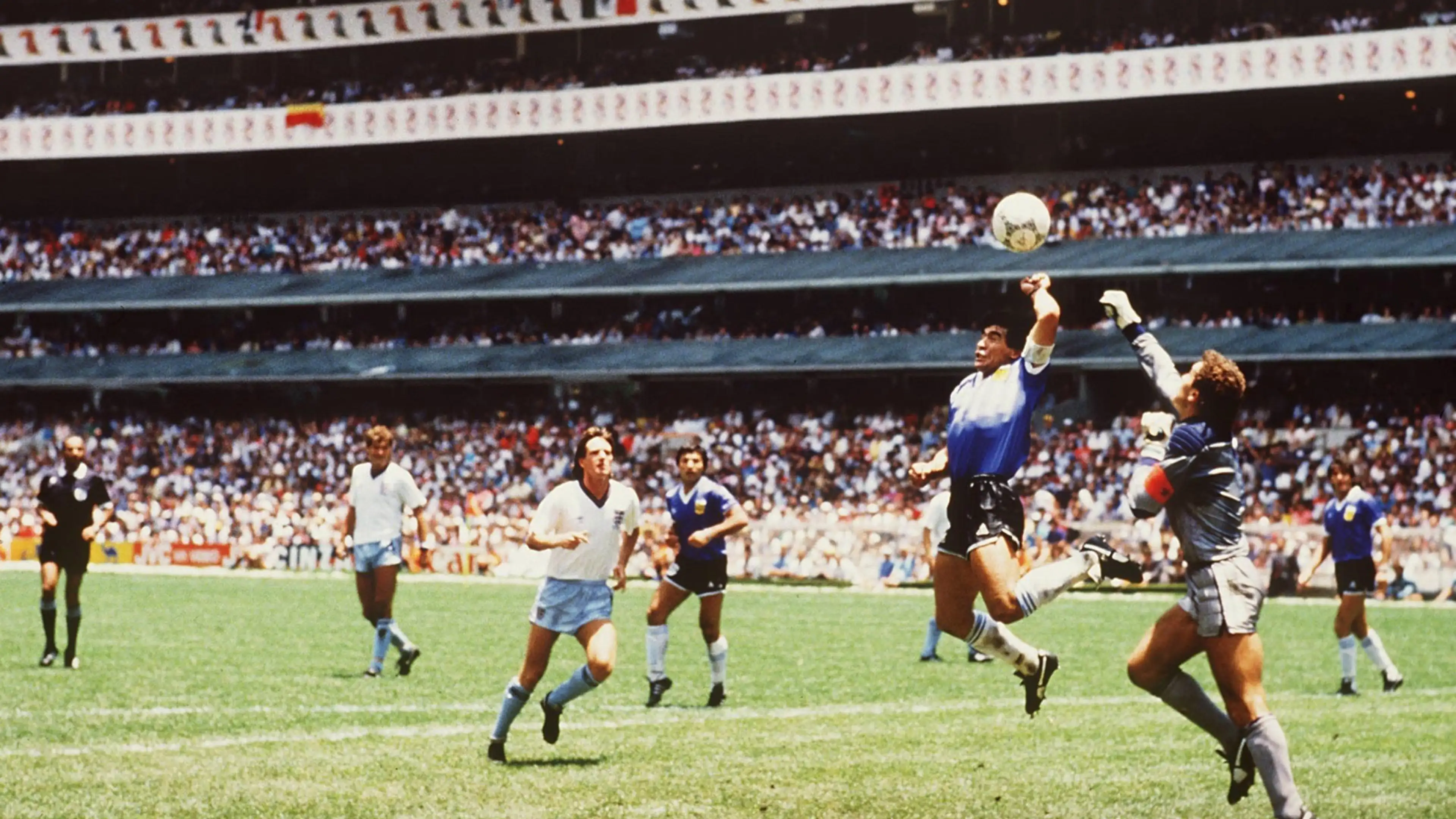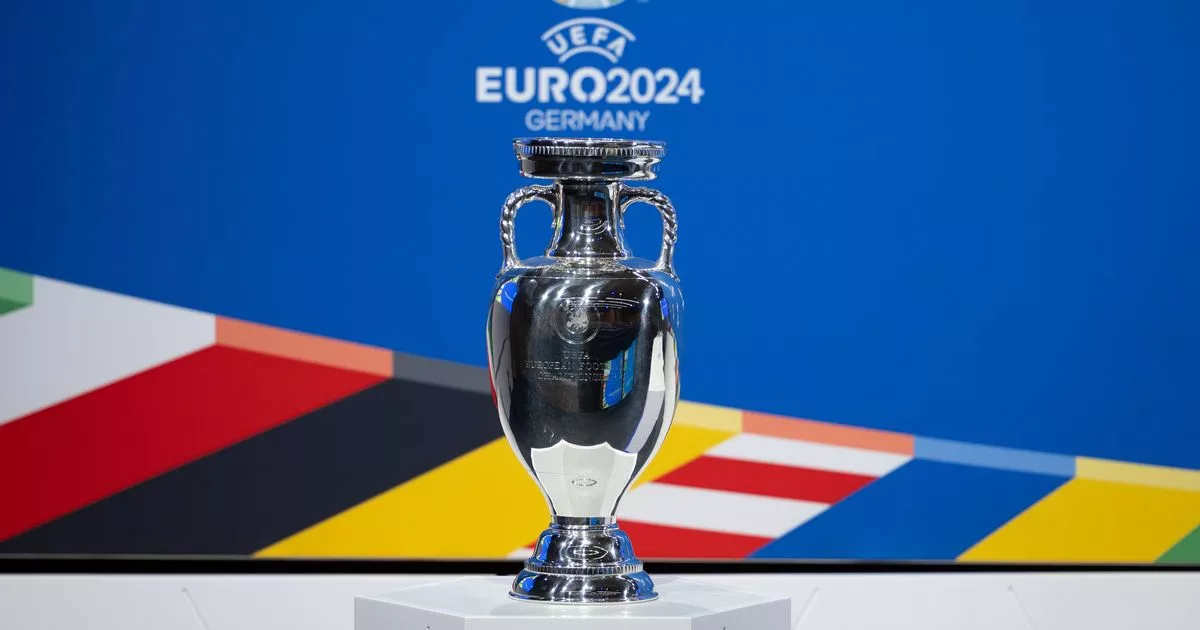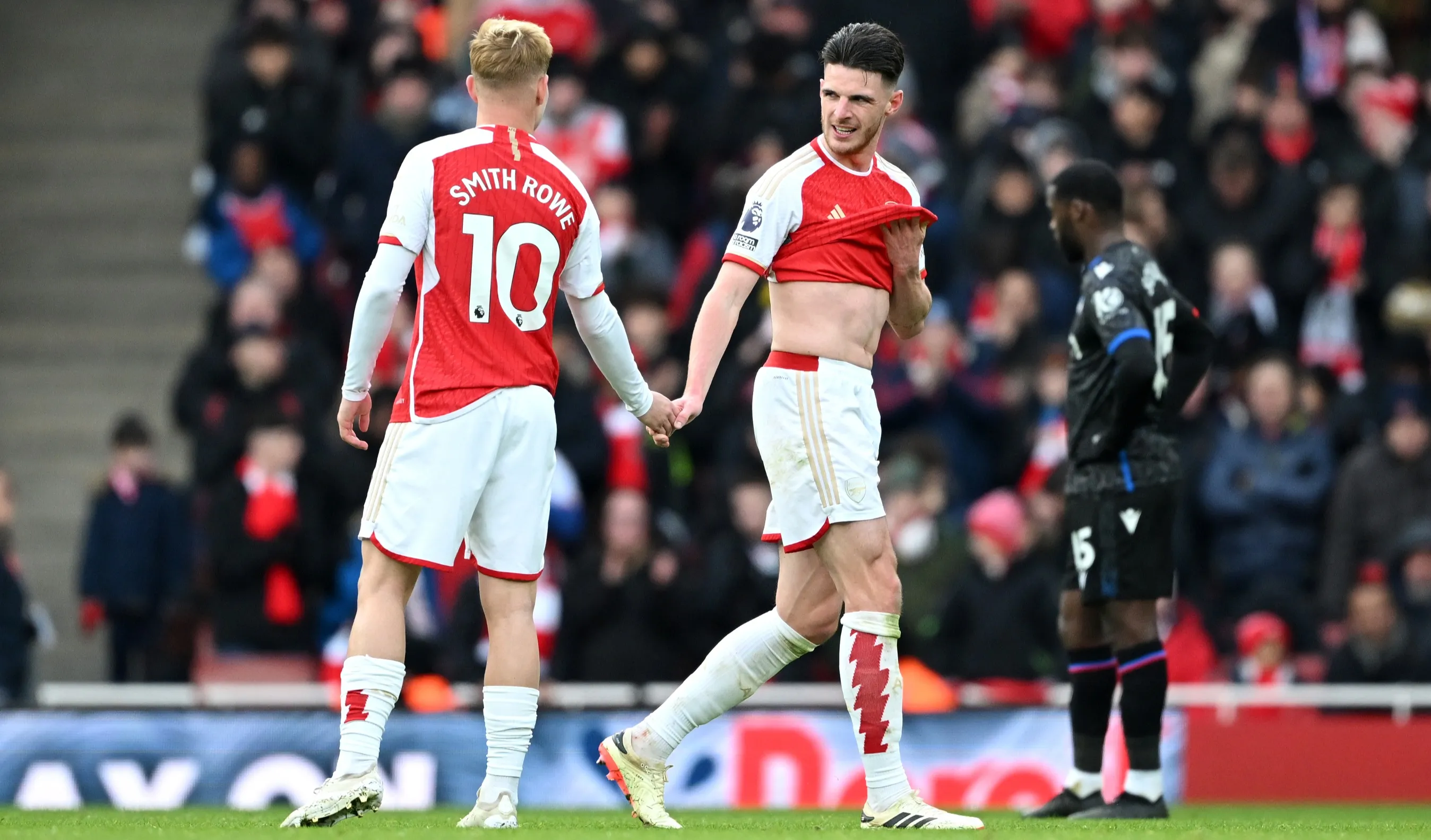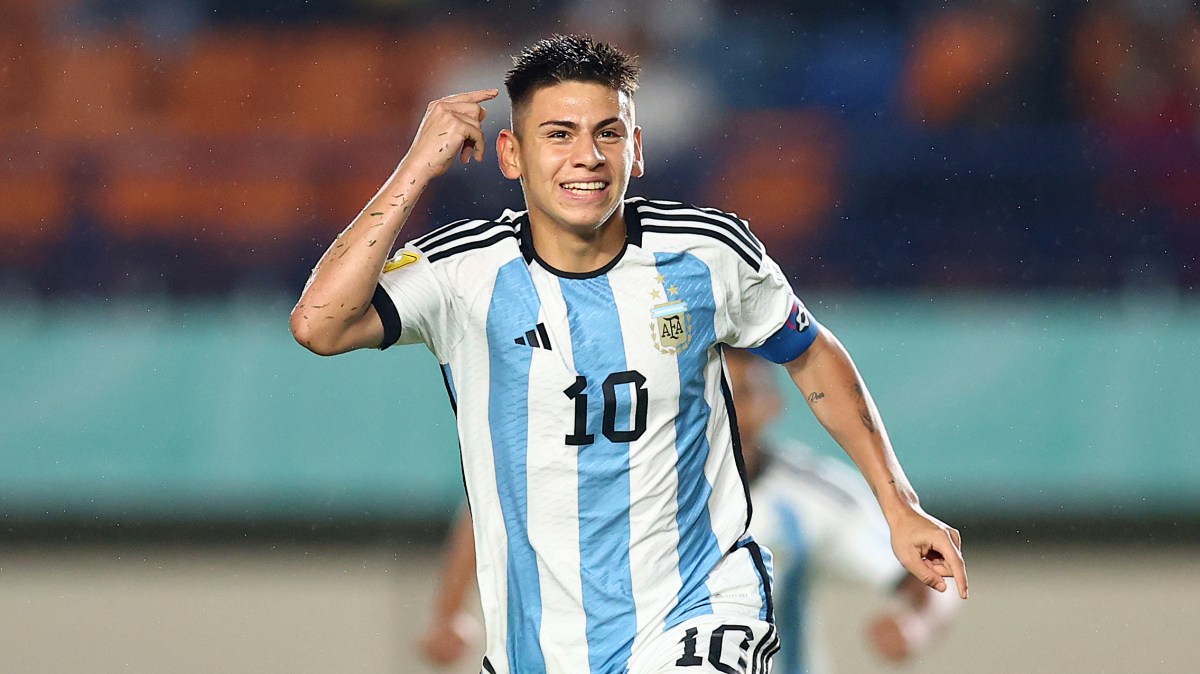
The Hand of God: Maradona's Controversial Goal and Symbolic Revenge
In the realm of football history, certain moments are eternally etched in the collective memory of fans. One such unforgettable moment revolves around the legendary Argentine footballer, Diego Maradona, and his infamous "Hand of God" goal during the 1986 FIFA World Cup quarter-finals clash against England. Brace yourselves for a journey back in time as we unravel the drama, the controversy, and the symbolic revenge that unfolded on that fateful day.
The Illicit Brilliance
The year was 1986, and the football world was fixated on the intense showdown between Argentina and England. Six minutes into the second half, Maradona left an indelible mark on the sport's history with a goal that would be forever known as the "Hand of God." In a move that blended illicit brilliance with sheer audacity, Maradona used his left hand to punch the ball into England's net.
When questioned about the goal, Maradona wittily remarked that it was made "a little with the head of Maradona, and a little with the hand of God." The audaciousness of the move and the subsequent celebration sent shockwaves across the footballing world.
The Tactical Dance
To dissect this audacious maneuver, let's set the stage. Six minutes into the second half, Maradona received the ball outside the box with his left leg. He swiftly passed it to teammate Jorge Valdano, initiating a tactical dance that would become football folklore.
As the ball traversed between players, it found its way into the English goal box. Maradona, strategically positioned to be caught offside, found himself alone inside the penalty box as the ball descended. The Argentine maestro contested the ball with the towering English goalkeeper, Peter Shilton, who stood a substantial 20 centimeters taller.
With both players lunging forward, Maradona's outstretched left arm connected with the ball first, propelling it into the net. A glance at the referee and the linesman confirmed his triumph, and the celebration ensued. The goal stood, giving Argentina a 1–0 lead. Despite English protests, the decision stood, leaving an indelible mark on the match and football history.
The Hand of Diego and Symbolic Revenge
Maradona's sly handball goal wasn't just a matter of cunning athleticism; it carried layers of symbolism tied to historical events. In a post-match revelation, Maradona confessed that the goal was a form of "symbolic revenge" for the Falklands War, a conflict that had unfolded four years prior.
As Maradona eloquently put it, "We, as Argentinians, didn't know what the military was up to. They told us that we were winning the war. But in reality, England was winning 20–0." The tension surrounding the war had seeped into the football match, creating an atmosphere akin to playing out another battle.
Maradona acknowledged that while it wasn't his initial plan to use his hand, the rapid sequence of events left the linesman unaware of the infringement. The referee's confirmation of the goal became a moment of symbolic retribution against the English, a way to reclaim a perceived injustice from years past.
The Unveiling of the Truth
In 2005, almost two decades after the controversial goal, Maradona decided to pull back the curtain on the Hand of God. In an interview on the program La Noche del 10, he openly admitted that the goal was indeed scored with his hand. This revelation ignited fresh controversy, with media outlets worldwide reporting on the admission.
Even though Maradona offered what seemed like an apology, stating that he "scored a little with the head of Maradona and a little with the hand of God," the English goalkeeper, Peter Shilton, rejected any notion of forgiveness. The controversy continued as Maradona, a few days later, denied everything, claiming that the British newspaper The Sun had misquoted him.
The Sun's Twist and The Devil's Hand
The media storm took an unexpected turn when The Sun newspaper admitted to modifying the interpretation of Maradona's words. They proposed changing the name from the "Hand of God" to "The Devil's Hand." The original text of the interview showcased that Maradona had never explicitly asked for forgiveness for the goal.
In the complex dance between truth and interpretation, the saga of the Hand of God took on yet another twist, leaving the narrative open to endless debate and discussion.
An Unforgiving Legacy
As time passed, Maradona's legacy remained entwined with the Hand of God, a moment that encapsulated the unpredictable and audacious spirit of football. Maradona's impact on the game stretched beyond his exceptional skill on the field; it became a tale of revenge, controversy, and the enduring allure of one of the sport's greatest mavericks.
In the grand tapestry of football's history, the Hand of God remains a brushstroke that adds color, intrigue, and controversy, ensuring that Diego Maradona's name will forever be etched in the annals of the beautiful game. The enduring legacy of that symbolic revenge and audacious handball lives on, inviting fans to relive the drama of a moment that transcended sport and became a cultural phenomenon.



